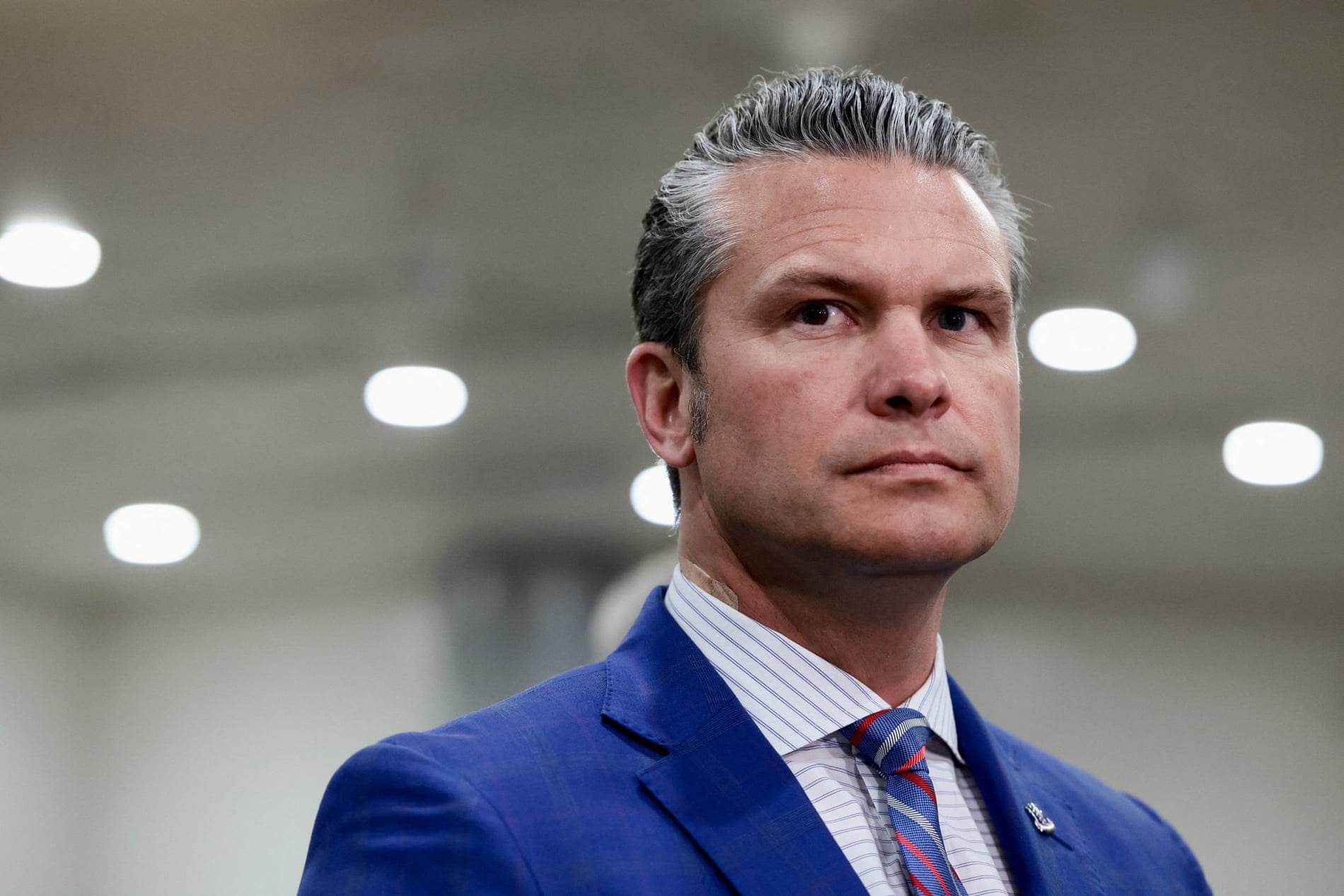 More soldiers and military families are reaching out for mental health care at Joint Base Lewis-McChord, raising hopes that the Army is breaking down the stigma that keeps them from getting help for distress triggered by repeated combat deployments.
More soldiers and military families are reaching out for mental health care at Joint Base Lewis-McChord, raising hopes that the Army is breaking down the stigma that keeps them from getting help for distress triggered by repeated combat deployments.
Diagnoses for post-traumatic stress are on the rise at Madigan Army Medical Center. So are prescriptions for common antidepressants.
Meanwhile, a mental health clinic at Madigan is handling some 30 daily drop-in appointments, up from about 20 a day before 18,000 soldiers returned from combat tours last year – the largest wave of homecomings of the last decade.
Madigan and Lewis-McChord also established a process that gives soldiers several “touches” with behavioral health resources in the months after a homecoming. Other mental health services targeted at military families also are getting heavy use, as counselors connect with thousands of people each month, according to data from Madigan.
“I think we’re actually starting to win this battle on stigma. People are way more willing to seek behavioral health than they used to be,” said Madigan commander Col. Dallas Homas.
Still, no one’s declaring victory in the Army’s efforts to curb a rise in suicides that peaked two years ago, when 162 active-duty soldiers killed themselves. Nine Lewis-McChord soldiers committed suicide in each of the past two years, up from seven in 2008.





 A Washington DC grand jury declined to indict six Democratic lawmakers who were denounced by...
A Washington DC grand jury declined to indict six Democratic lawmakers who were denounced by... The US defense secretary, Pete Hegseth, has said the Pentagon is ending all military training, fellowships...
The US defense secretary, Pete Hegseth, has said the Pentagon is ending all military training, fellowships...






























